Europeans face major mental health issues, struggle to make ends meet: Report
The number of Europeans reporting "bad" or "very bad" mental health significantly went up during the COVID-19 pandemic, says an agency of the European Union (EU).
Eurofound said on Thursday that surveys had found mental health issues continued even beyond the end of the lockdown period.
The surveys of 200,000 people found those reporting "bad" or "very bad" mental health doubled in percentage from 6.4 in March 2020 at the onset of the crisis to 12.7 two years later even as restrictions were eased, the EU agency said.
"With the reopening of society, many hoped that mental wellbeing would improve. However, in Spring 2022, the risk of depression remains worryingly high for many people."
Eurofound also warned the risk was higher for the youth.
The online surveys, from March 2020 to May 2022, also revealed more people across the 27 EU nations are struggling to make ends meet and are at greater risk of energy poverty, in particular due to high inflation.
The agency said in a separate report that some 53% of respondents reported their household had difficulties making ends meet in Spring 2022, compared to 47% at the start of the pandemic. "A high degree of concern (about finances) mixed with uncertainty about the future could continue to have a negative impact on mental health."
In addition, almost one in five respondents reported having unmet healthcare needs, particularly with regards to hospital and specialist care for mental welfare.
Experts say mental disorders are one of the top public health challenges in the WHO European Region, affecting about 25% of the population every year. In all countries, mental health problems are much more prevalent among the most deprived.
Soaring energy costs are putting millions of EU citizens and businesses under pressure. Europe is facing an energy crisis due in large part to a dispute with Russia over the war in Ukraine.
Russia began its “special military operation” in Ukraine on February 24. Since then, the United States and its European allies have been slapping sanctions on Moscow. Russia has in turn virtually cut its flow of natural gas to Europe, although it has cited technical difficulties caused by the sanctions for the cutback. That has subsequently led to an unprecedented energy crisis across Europe.
VIDEO | Al-Quds Committee in Amman honors memory of martyred journalist Iman Al-Shanti
VIDEO | Press TV's news headlines
VIDEO | Syria’s economy
VIDEO | Israel exceptionalism under US law
VIDEO | 1 million-plus settlers flee after Yemeni missile strikes Tel Aviv metropolitan area: Media
US pushes new strike group into region after aircraft carrier flees Yemen’s firepower
World has ‘embarrassingly failed to stop Israel amid incessant US support’: FM
Iran-Egypt ties poised for revival as first Iranian president visits Cairo in 11 years


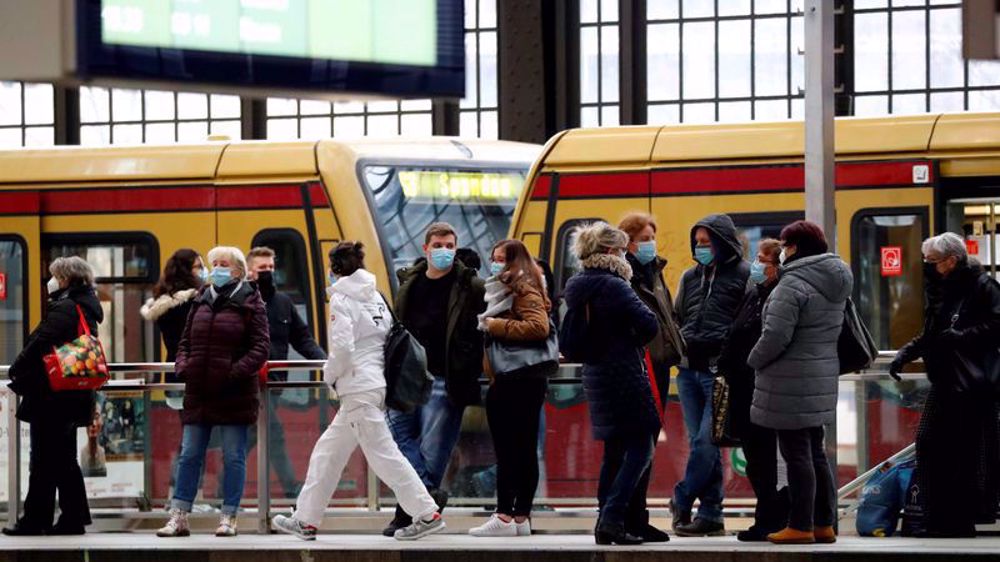
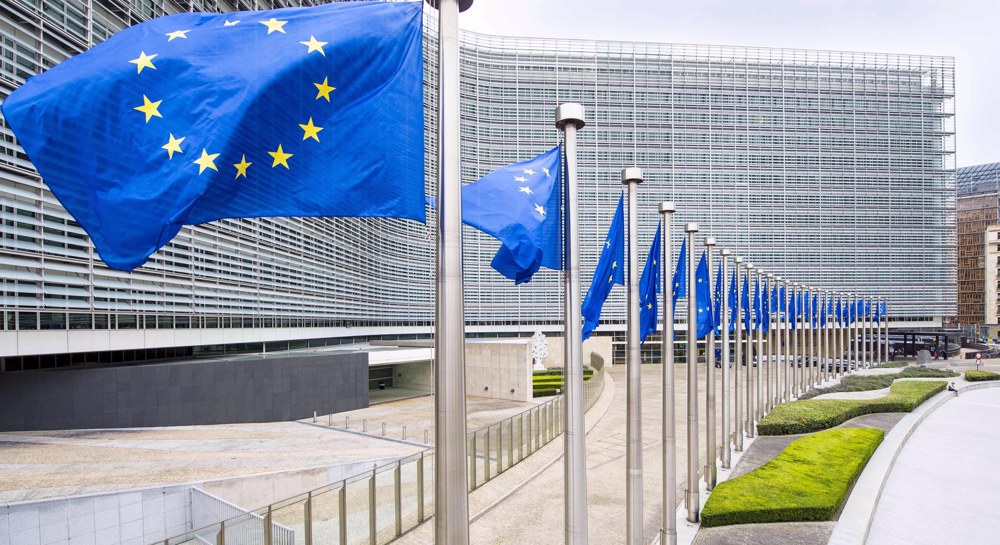






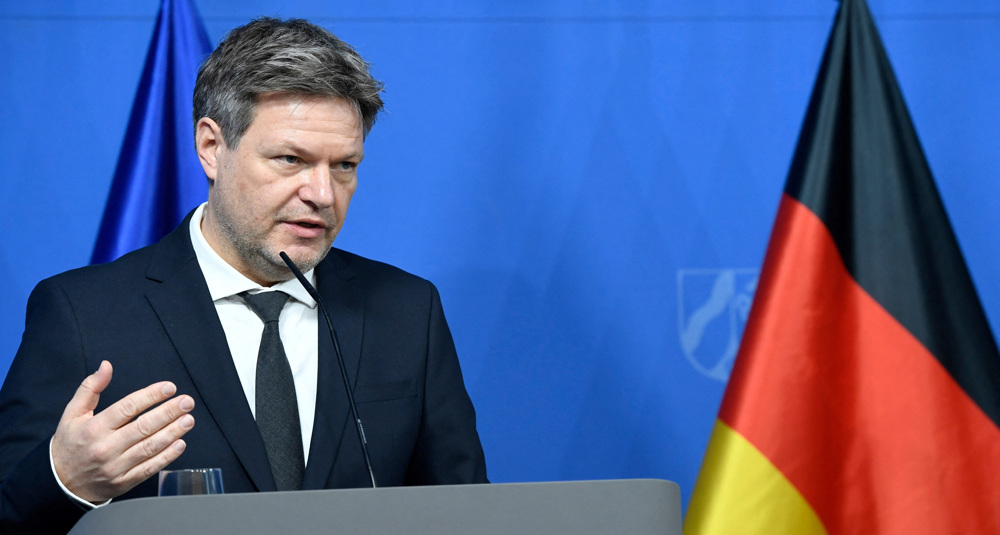
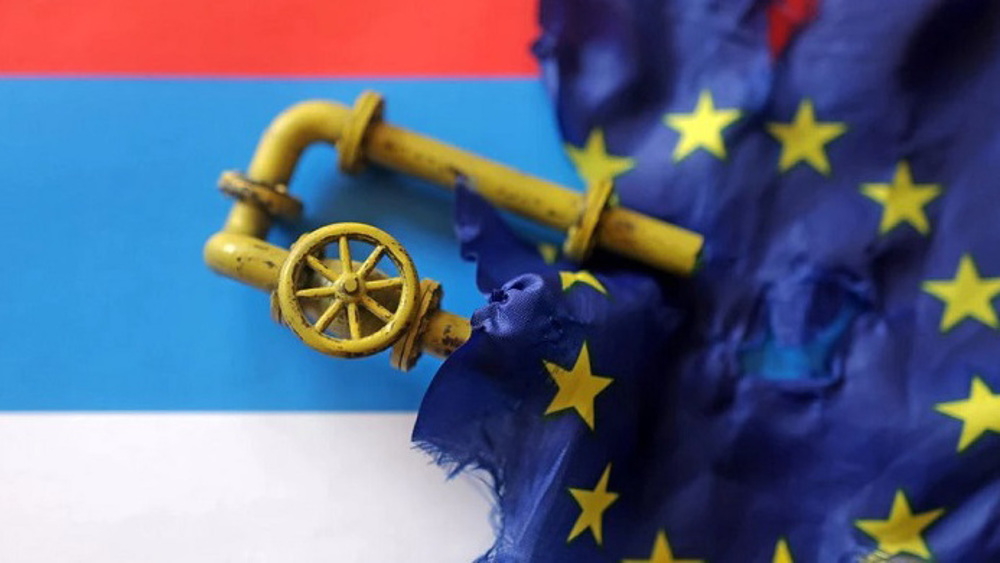
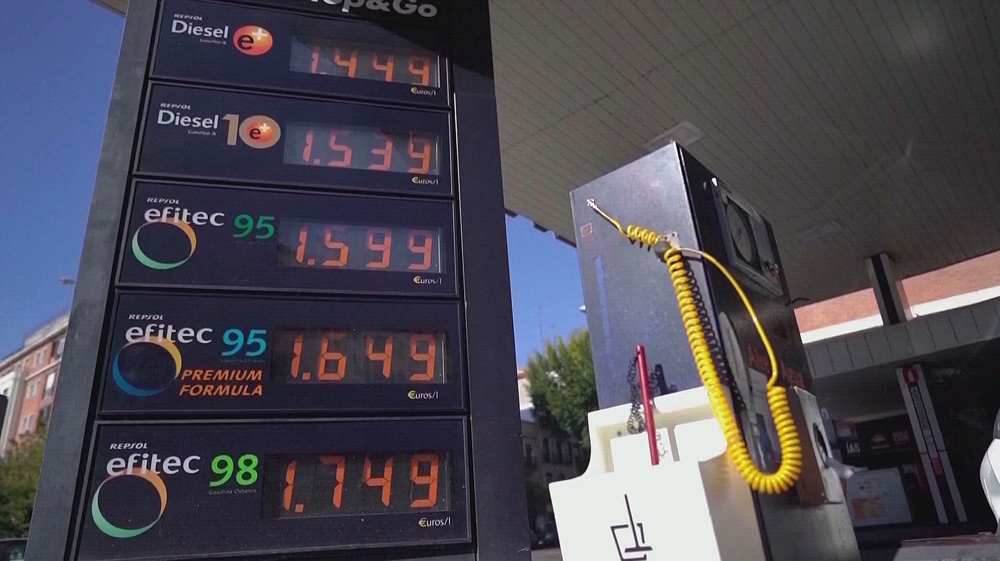
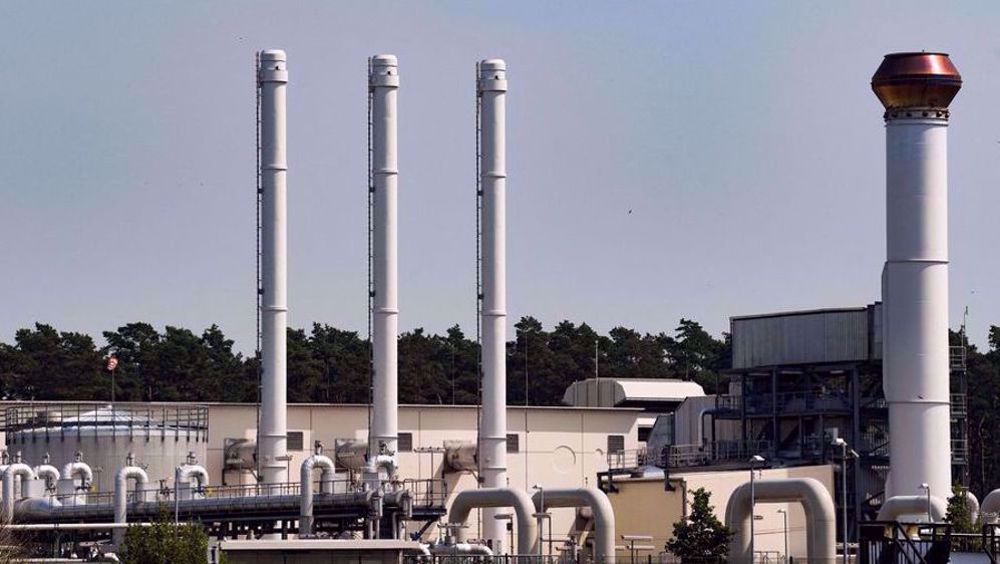


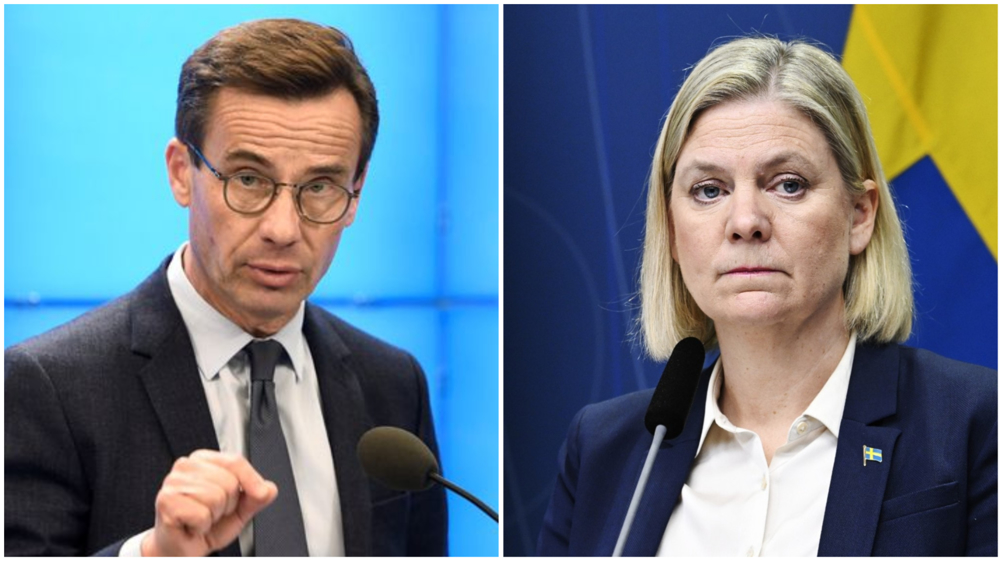
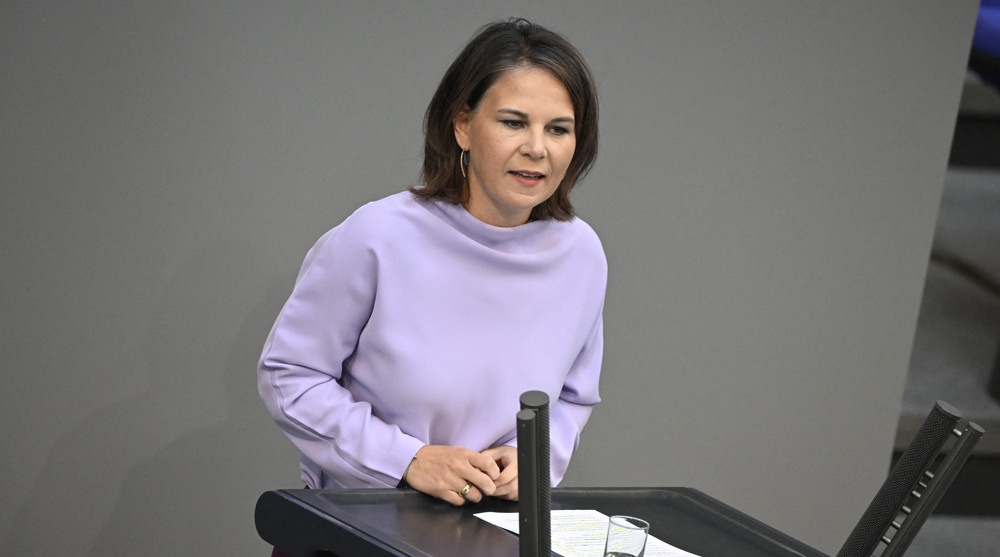
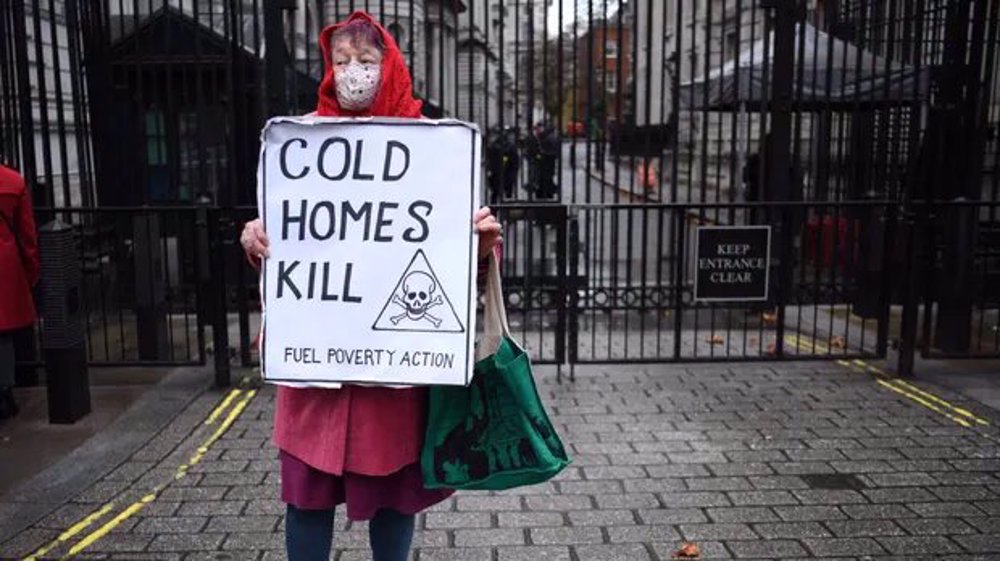
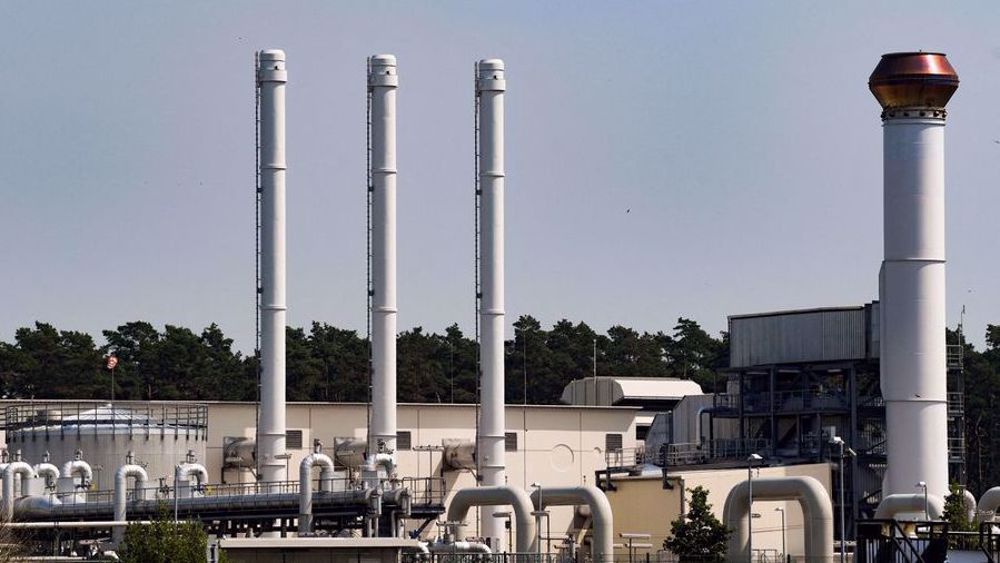

 This makes it easy to access the Press TV website
This makes it easy to access the Press TV website